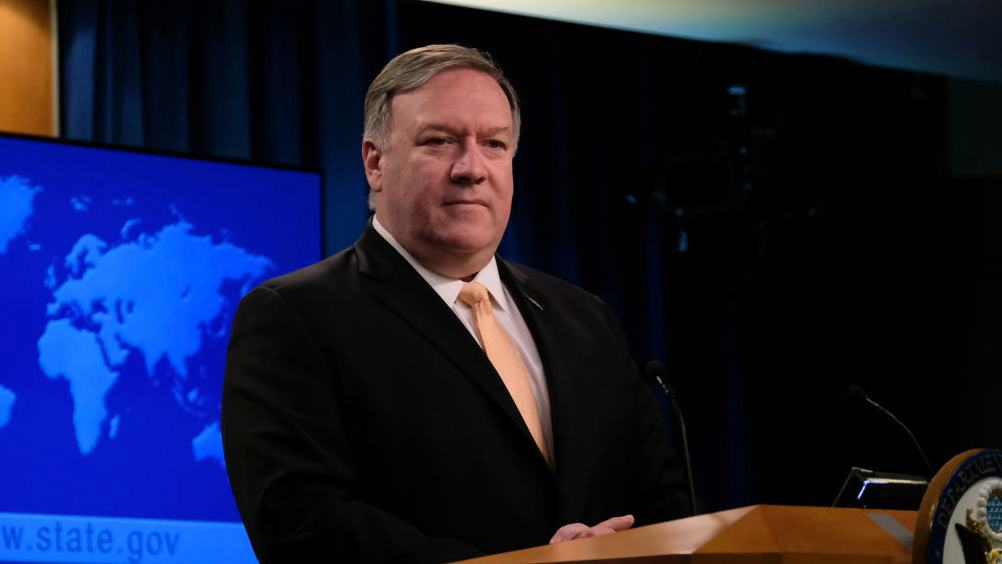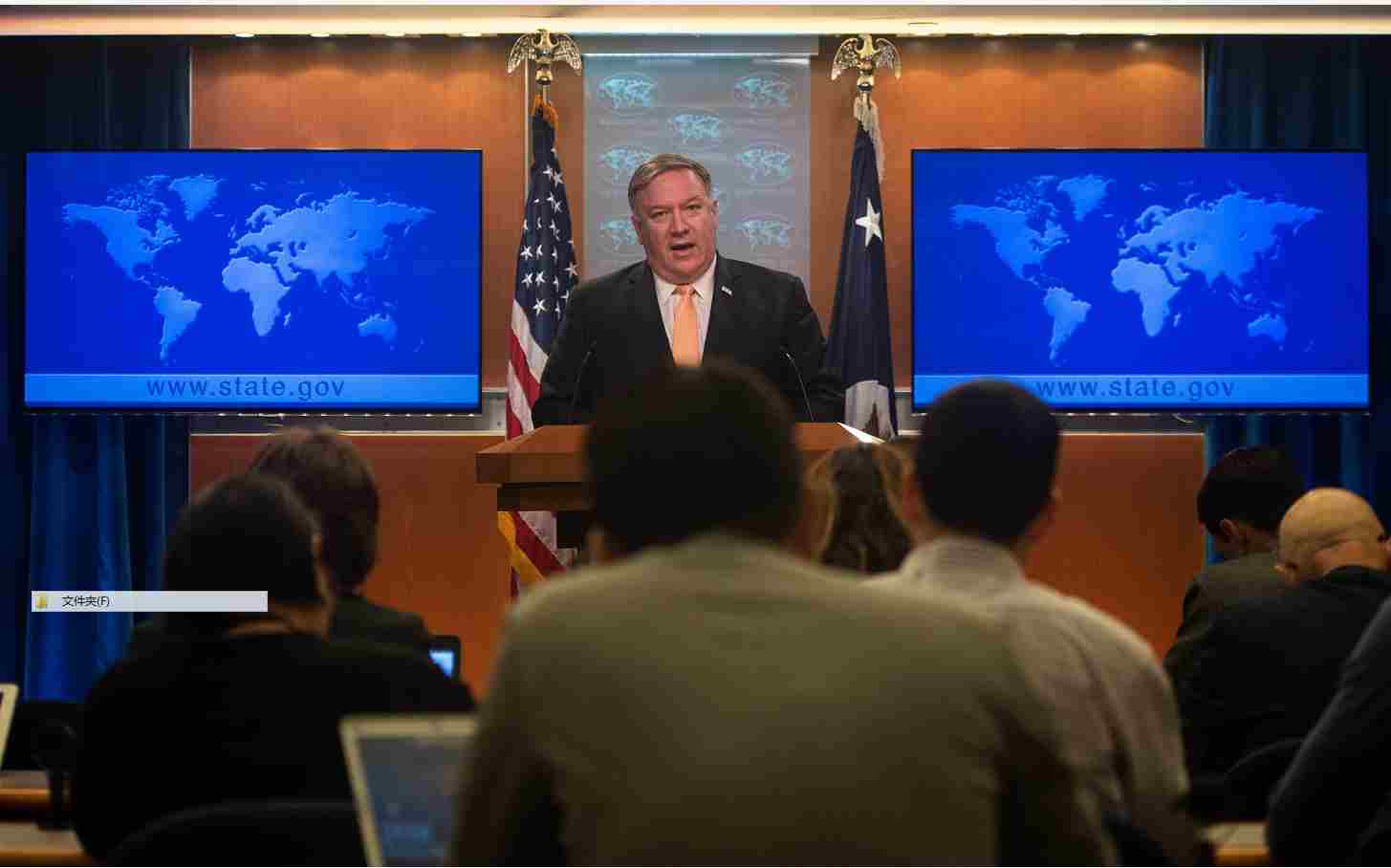
Opinion
22:10, 23-Apr-2019
Wayward Trump administration ends Iranian oil waivers
David Lee

Editor's note: David Lee is a consultant and author based in Beijing who works on cross-cutting themes of energy, health, international politics and international development. The article reflects the author's opinion, and not necessarily the views of CGTN.
The Trump administration announced on Monday the plan to bring Iran's oil exports to zero by not renewing waivers that let countries buy Iranian oil without facing U.S. sanctions. According to the White House, the move was designed to deny Iran its principal source of revenue.
Trump unilaterally withdrew from a 2015 nuclear accord with Iran last May and restored sanctions on Iran. At the time, his administration granted six-month waivers to eight economies including China. The waivers expire early next month. Any country importing oil from Iran following the waiver expiration will be subject to U.S. sanctions.
The American mission of coercing Iran into surrender by sanctions is a sorry one in the first place. Last year, the Trump administration laid out 12 demands for Iran to meet to lift sanctions, and Iran responded with a combination of indignation and ridicule. This time around, there is no indication that Iran will bend.

U.S. Secretary of State Mike Pompeo speaks during a press conference at the U.S. Department of State in Washington, DC on April 22, 2019. /VCG Photo
U.S. Secretary of State Mike Pompeo speaks during a press conference at the U.S. Department of State in Washington, DC on April 22, 2019. /VCG Photo
In ending the Iranian oil waivers, the Trump administration is, again, waywardly showing off how confident it is in extending the American long arm to coerce anyone else, including traditional allies and others, into submission.
It seemed the Trump administration was still managing to feign at least some traces of sensitivities in dealing with allies, other countries, and the international community. According to the White House statement, "The U.S., Saudi Arabia and the United Arab Emirates…along with our friends and allies, are committed to ensuring that global oil markets remain adequately supplied."
While it's dubious how "friends and allies" will receive this awkwardly imposed confidence of the United States to work together to resolve expected disruption, the international community does not need such American condescension. First and foremost, the world's only superpower using its hegemonic status to disrupt global energy supply casts an ominous dark shadow over the international order, reminding people how cruel and cynical power games can be.
Moreover, the complex nature of global energy supply and demand, with the many financial, logistics, and transportation details, makes the American statement of maintaining "adequately supplied" global oil markets hollow and laughable.

A crewman stands on the deck of the crude oil tanker 'Devon' as it sails through the Persian Gulf towards Kharq Island oil terminal to transport crude oil to export markets in the Persian Gulf, Iran, on Friday, March 23, 2018. /VCG Photo
A crewman stands on the deck of the crude oil tanker 'Devon' as it sails through the Persian Gulf towards Kharq Island oil terminal to transport crude oil to export markets in the Persian Gulf, Iran, on Friday, March 23, 2018. /VCG Photo
The latest announcement of ending oil waivers must be understood in the broader perspective of American unilateralism. If the recent years provides any indication, the wayward Trump administration may well pitch the world's only superpower against most of the international community more frequently on even more occasions. That, indeed, will be a very ugly picture.
In 2015, the Iran nuclear crisis was by and large defused, thanks to political and strategic pragmatism at the time. The subsequent talks of the international community, for some time, were more about big business potentials in the country's energy sector. Now, in stark contrast to all the best hopes, the Trump administration is effectively re-inventing the Iran crisis and significantly escalating the tensions by holding hostage oil importers and the global market.
In the ongoing Iran crisis and many other cases, while claiming to resolve the problem, Americans are creating the problem. The Trump administration should heed calls by allies and other countries, lest the incremental cases of American waywardness reach the tipping point of turning America from self-proclaimed benign hegemon into a loathed tyrant.
(If you want to contribute and have specific expertise, please contact us at opinions@cgtn.com.)

SITEMAP
Copyright © 2018 CGTN. Beijing ICP prepared NO.16065310-3
Copyright © 2018 CGTN. Beijing ICP prepared NO.16065310-3